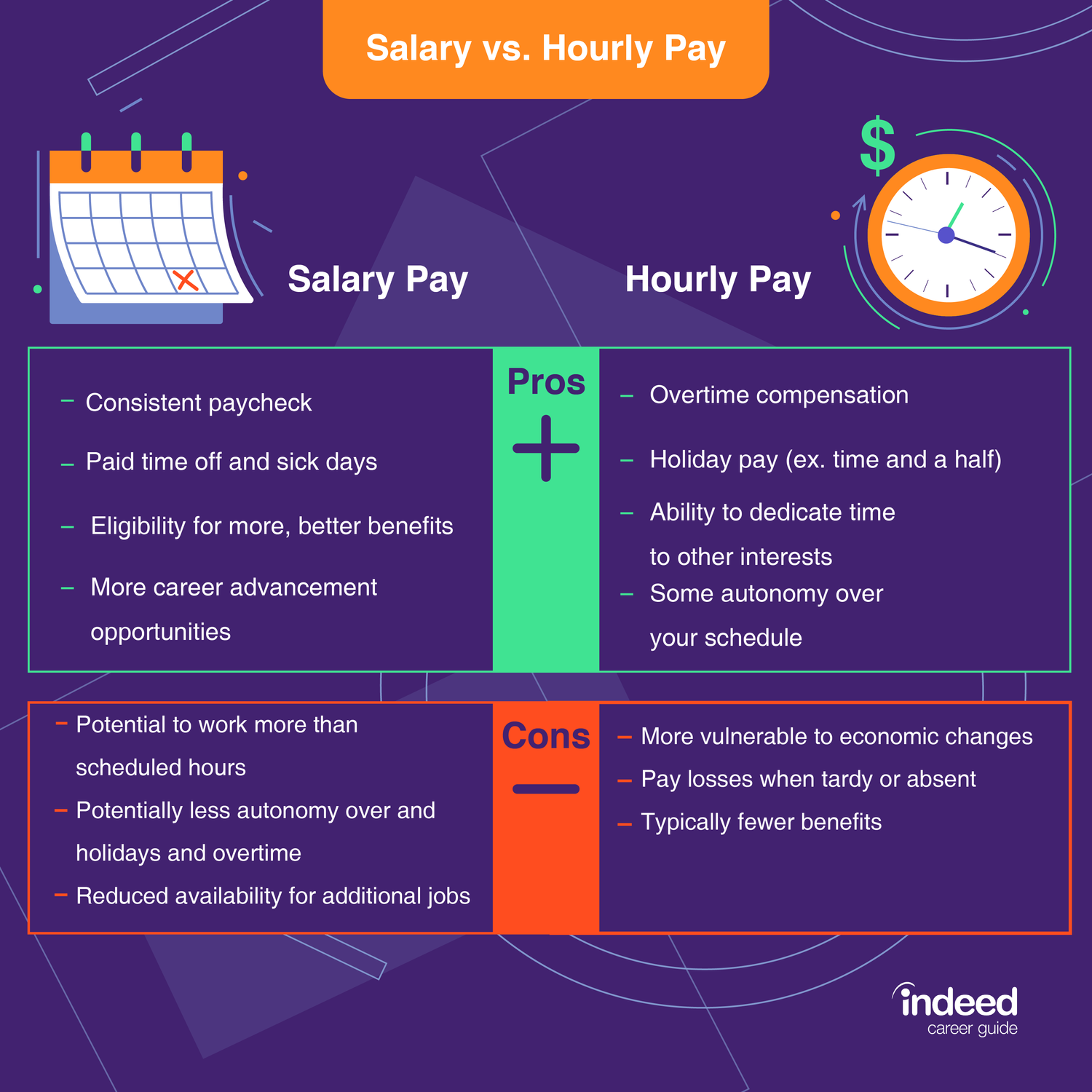
Historically, college for adults who are working hasn't been a focus in the educational landscape. Adults who choose to return to school are often motivated by economic necessity, job displacement, changing career plans, or passion. Achieving a degree can be difficult. These students often have multiple priorities and work, so it is important to be able to manage their time and still get a degree.
Reilly has no college degree.
Caitlin Reilly, who will graduate in May 2021 with a master's degree in parks, recreation, and tourism management from North Carolina State University with a minor in human dimensions of natural resources, has already been working in environmental education for several years. After receiving her undergraduate degree at Davidson in environmental science, Reilly continued her education at NC State's Environmental Education Lab. Kathryn Stevenson was her future coworker.

Jennie Harrop's adult degree program
Jennie Harrop's Adult Degree Program is designed to help adult learners learn the skills required to effectively communicate their message. Her program is a combination of theory and practice that helps students to understand the basics behind good writing. She focuses on essential and inessential writing rules, including how to develop meaning and the structure of a sentence, paragraph, and essay.
Prior learning assessment
Adult students can earn college credit by taking a prior learning assessment. This method can save students time and money. Many students may possess college-level skills but lack the formal education.
Flexible schedules
Flexible schedules can prove to be a benefit for students who have to work around busy schedules. Flexible schedules are very appealing to high school students. High school students have multiple responsibilities as well as different learning and emotional requirements throughout the day. Many of them also have part-time or full-time jobs that make it difficult to plan around school hours.
Financial aid
For college-aged adults, there are many different financial aid options. These include grants, scholarships and employer tuition repayment programs. If your employer does not offer tuition reimbursement, then you may have to find other outside sources of funding. Federal Pell Grants, which are available to adult students as a source of funding for college, are one of the most used sources.

Access to education
Many adults find it difficult to balance work and family obligations while taking classes. These adults often lack the support networks and college counseling programs required to be successful at college. There are more universities and colleges offering programs specifically designed for adult learners.